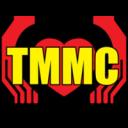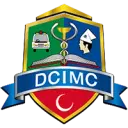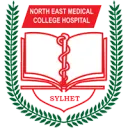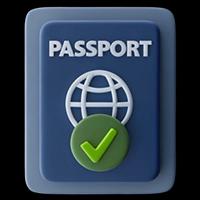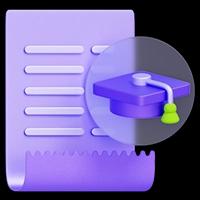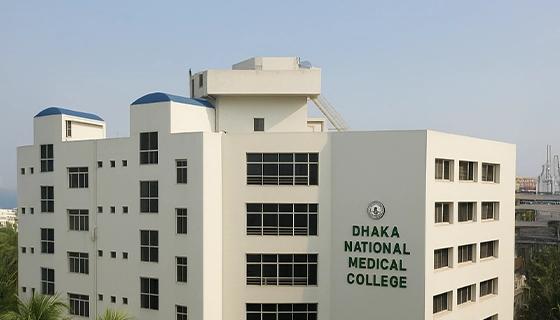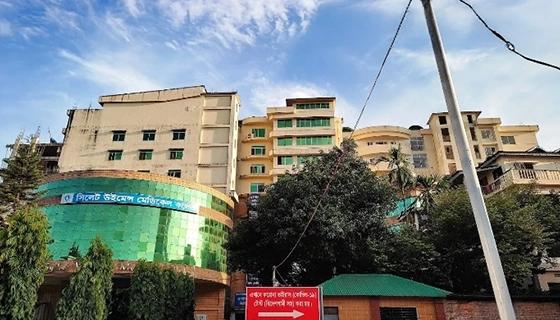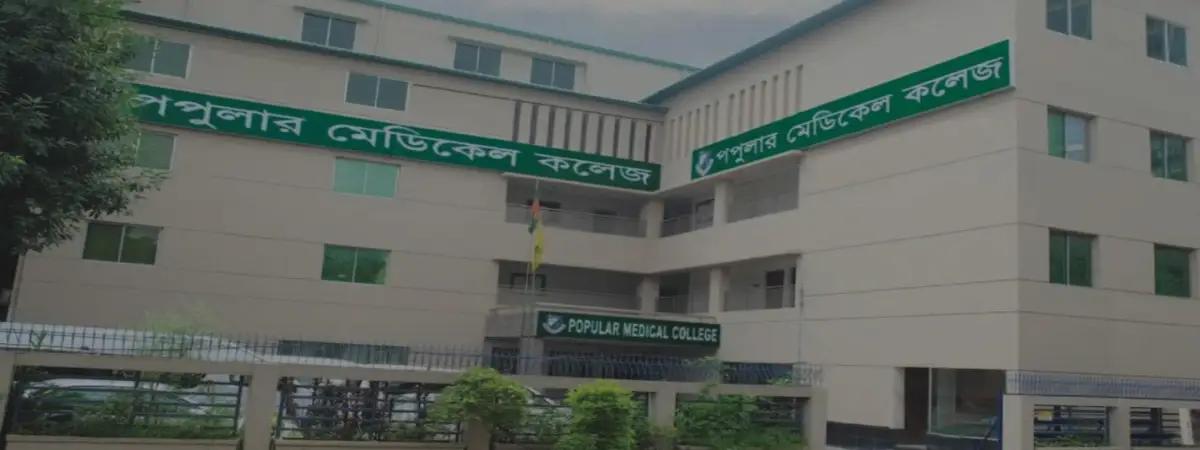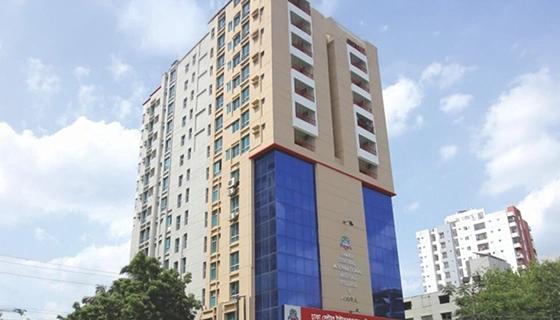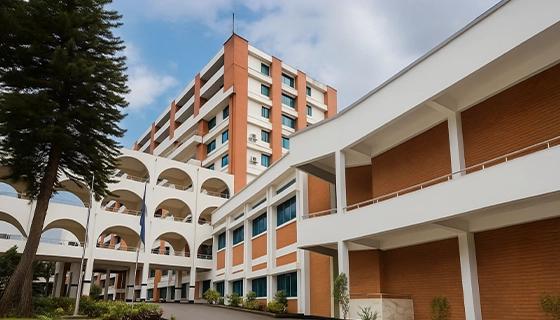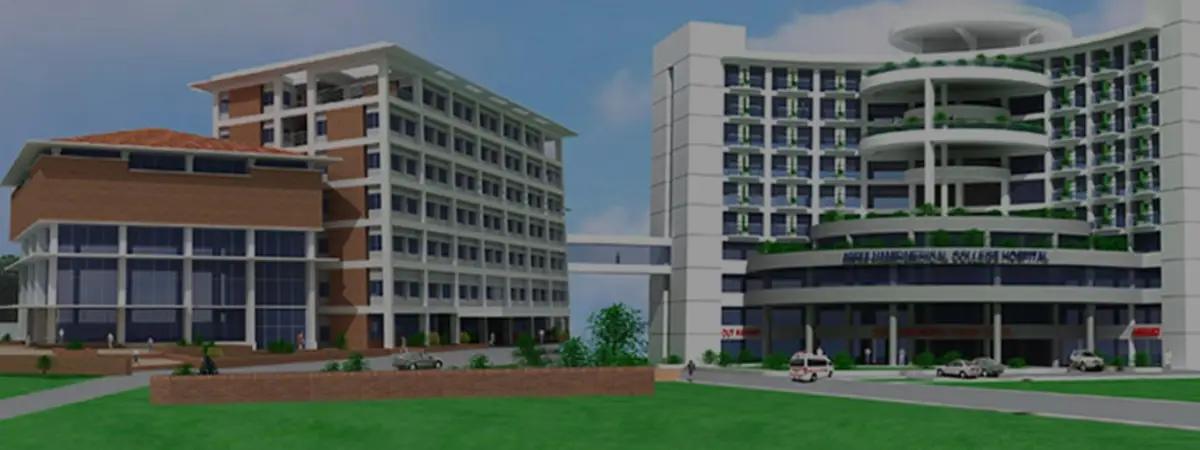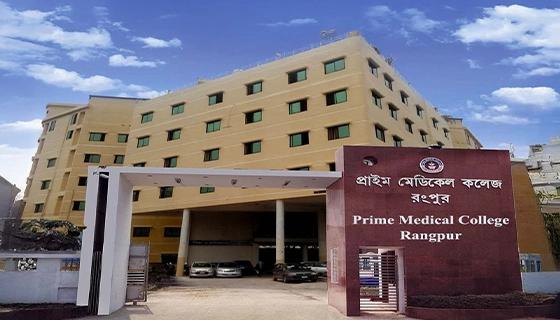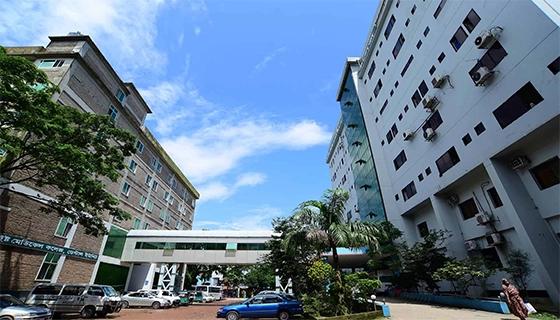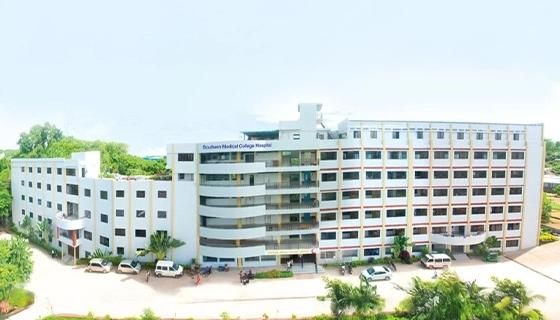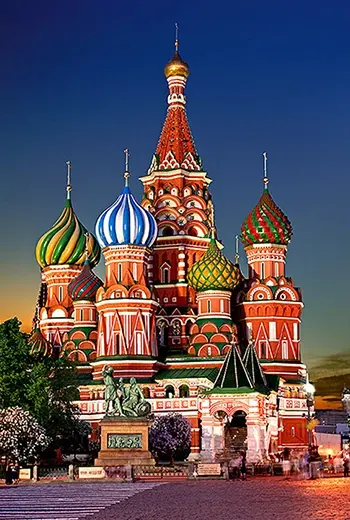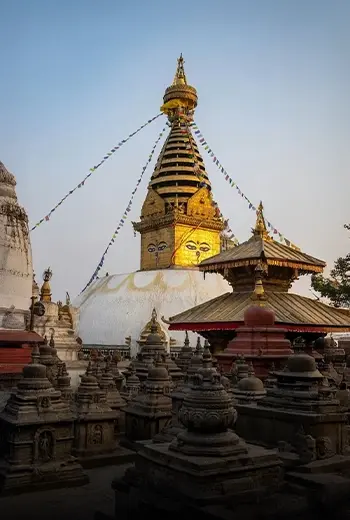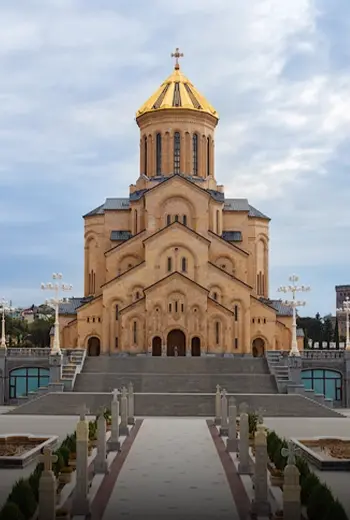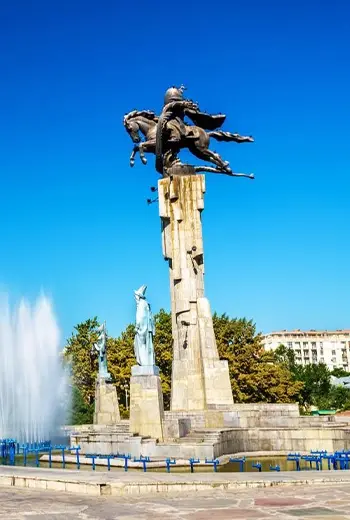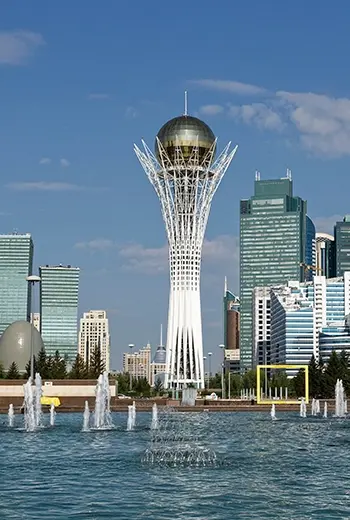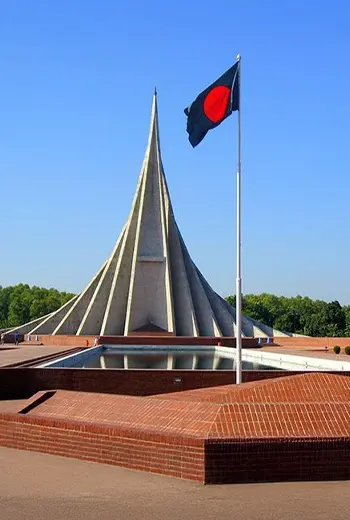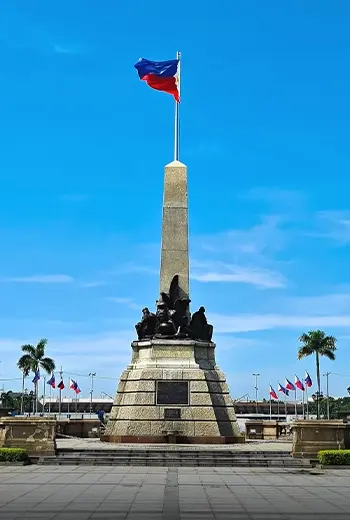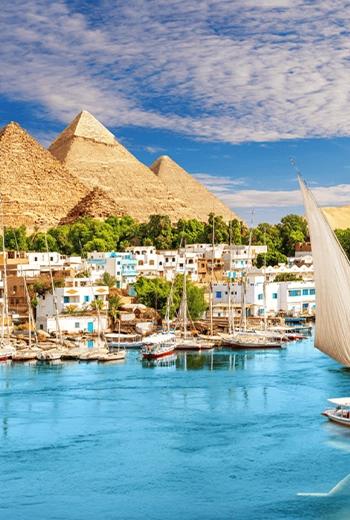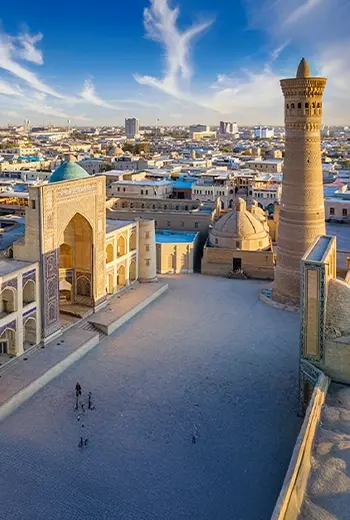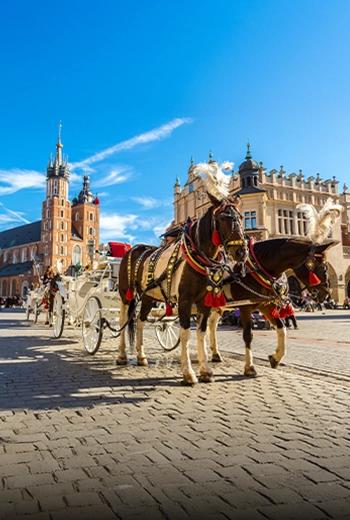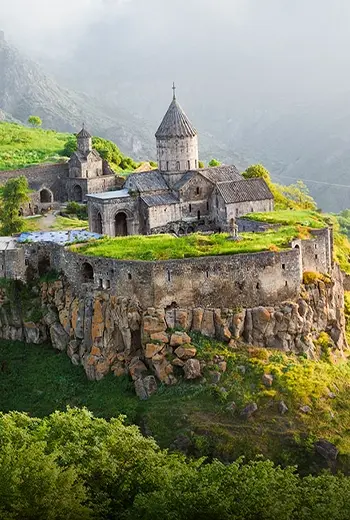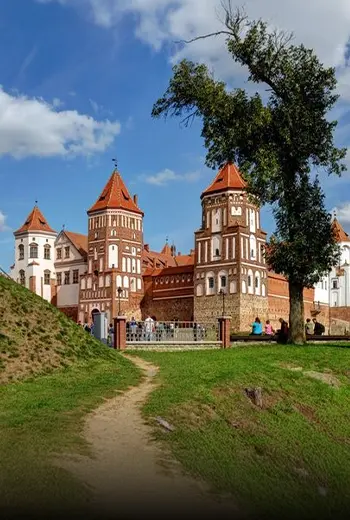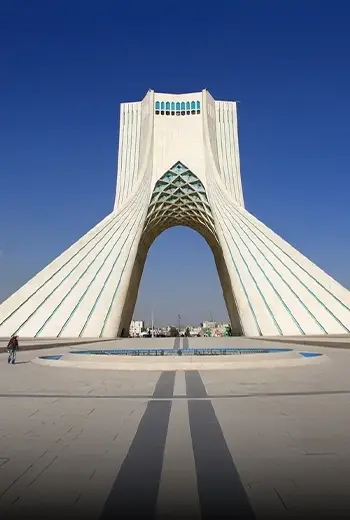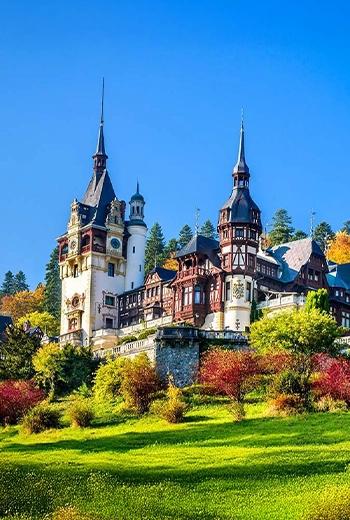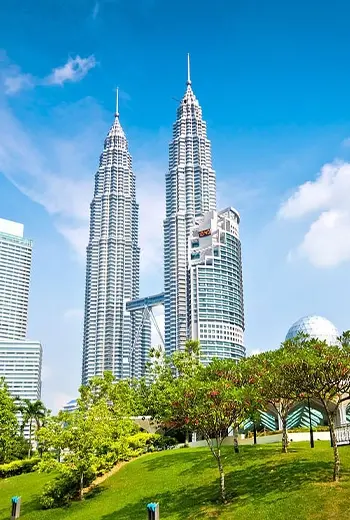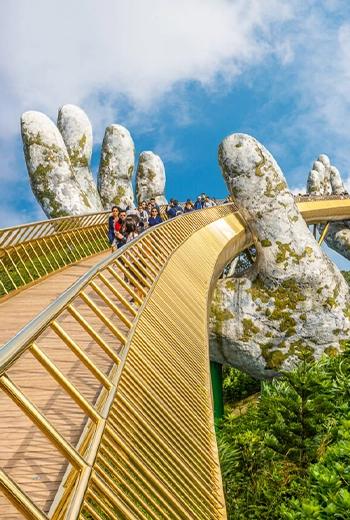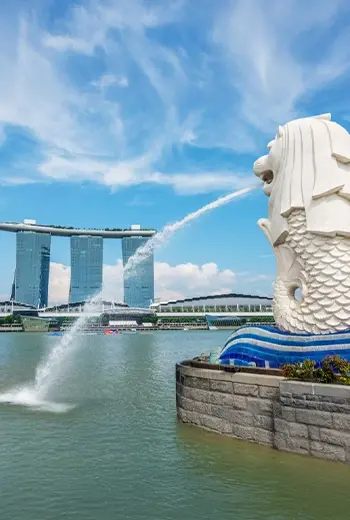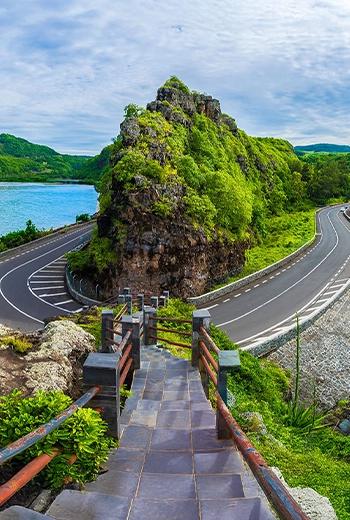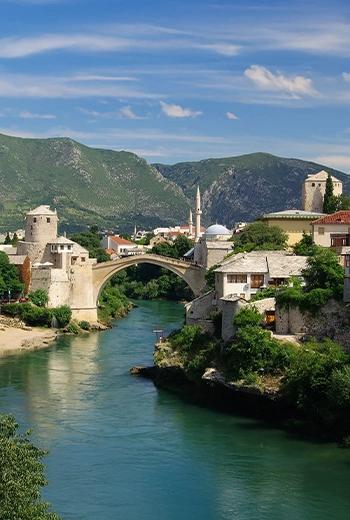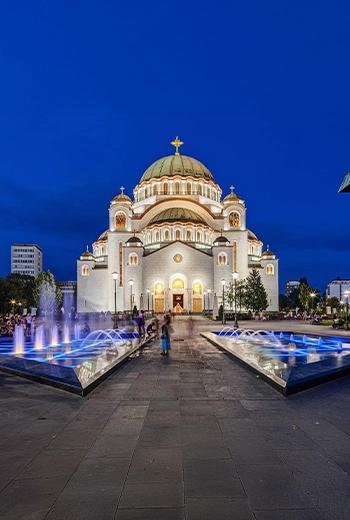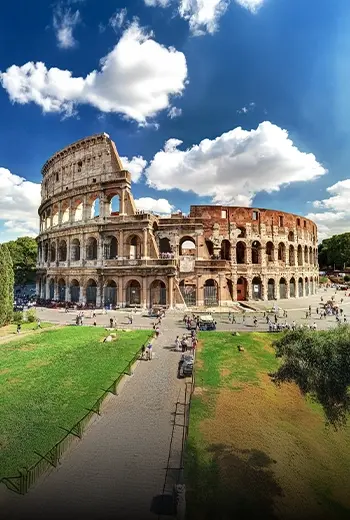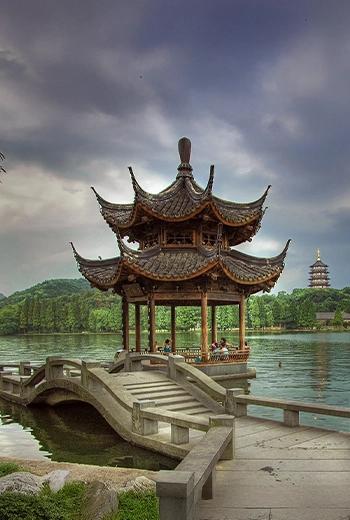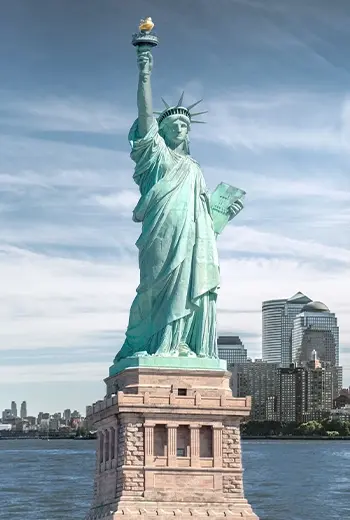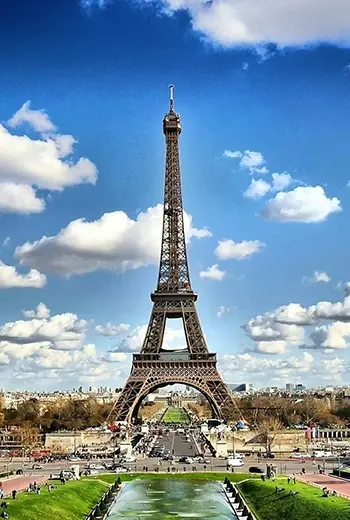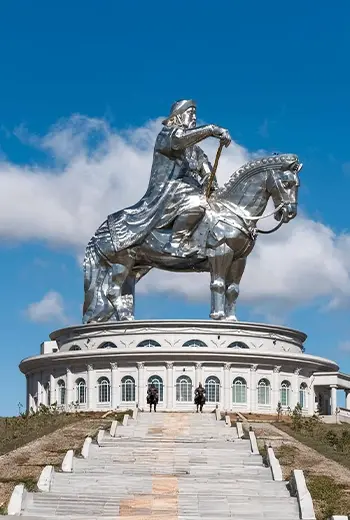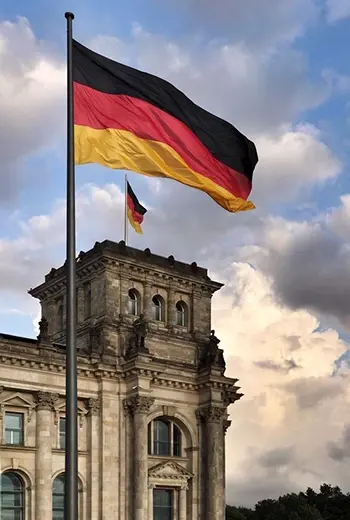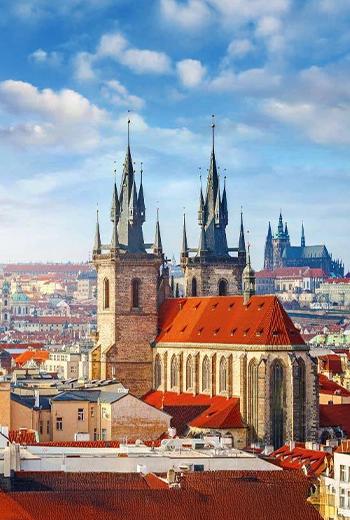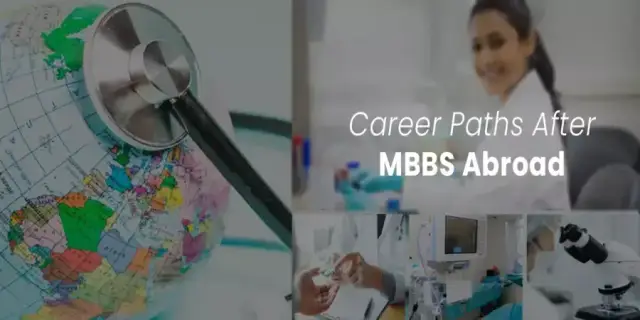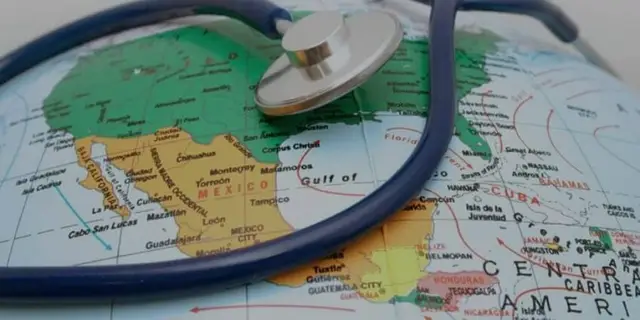
Top Bangladesh Medical Colleges: All You Need to Know
Do you want to make your career bright in medicine? MBBS in Bangladesh is an ideal option for many international students. Now, a majority of Indian medical aspirants are moving to Bangladesh to study medicine. Pursuing Bangladesh Medical Colleges for MBBS study has gained popularity among Indian students because the fees are really affordable. High-quality education, and a curriculum similar to Indian medical colleges, makes it more superior. The country has several reputed medical institutions that offer globally recognized degrees. This guide provides a detailed look at the best Bangladesh colleges for medicine, their admission requirements, and fee structures. MBBS in Bangladesh: A Snapshot Degree Conferred MBBS (Bachelor of Medicine and Bachelor of Surgery) Eligibility 50% in 10+2 with PCB for the general category 45% for the reserved (SC/ST) category NEET passing score is mandatory Duration for MBBS in Bangladesh 5+1 Years 1 year of clinical training or rotation Medium of Teaching English Recognition of Bangladesh Medical College NMC, WHO, WFME, ECFMG, FAIMER, and MCC NEET Requirement Yes, required for Indian Students Annual Tuition Fees in USD 5500-12000 Living Cost Per Month ₹12,000 – ₹18,000 per month (including hostel & food) Get a Free Counseling Session to Choose Bangladesh Medical Colleges Discover Top Bangladesh Medical Colleges One by One 1. Dhaka National Medical College (DNMC) Dhaka National Medical College was founded in 1994, is affiliated with the University of Dhaka. It provides excellent clinical training through its well-equipped teaching hospital. Bangladesh Medical College Fees Structure Course Total Tuition Fees (USD) Total Tuition Fees (INR) MBBS 48,000 41,80,800 2. Enam Medical College Established in 2003, Enam Medical College is located in Savar, Dhaka. The college offers modern medical training facilities and excellent clinical exposure. It is one of the best Bangladesh Medical Colleges. Course Total Tuition Fees (USD) Total Tuition Fees (INR) MBBS 50,000 43,55,000 3. Jalalabad Ragib-Rabeya Medical College (JRRMC) Situated in Sylhet, Jalalabad Ragib-Rabeya Medical College was founded in 1995. It is affiliated with Shahjalal University of Science and Technology and is known for its diverse student base. MBBS in



